Exodus: battle-weary heads have had enough of the DfE
The government’s mishandling of schools during the pandemic has led many headteachers to quit their jobs. Sean Smith finds the education system is on the brink of a crisis

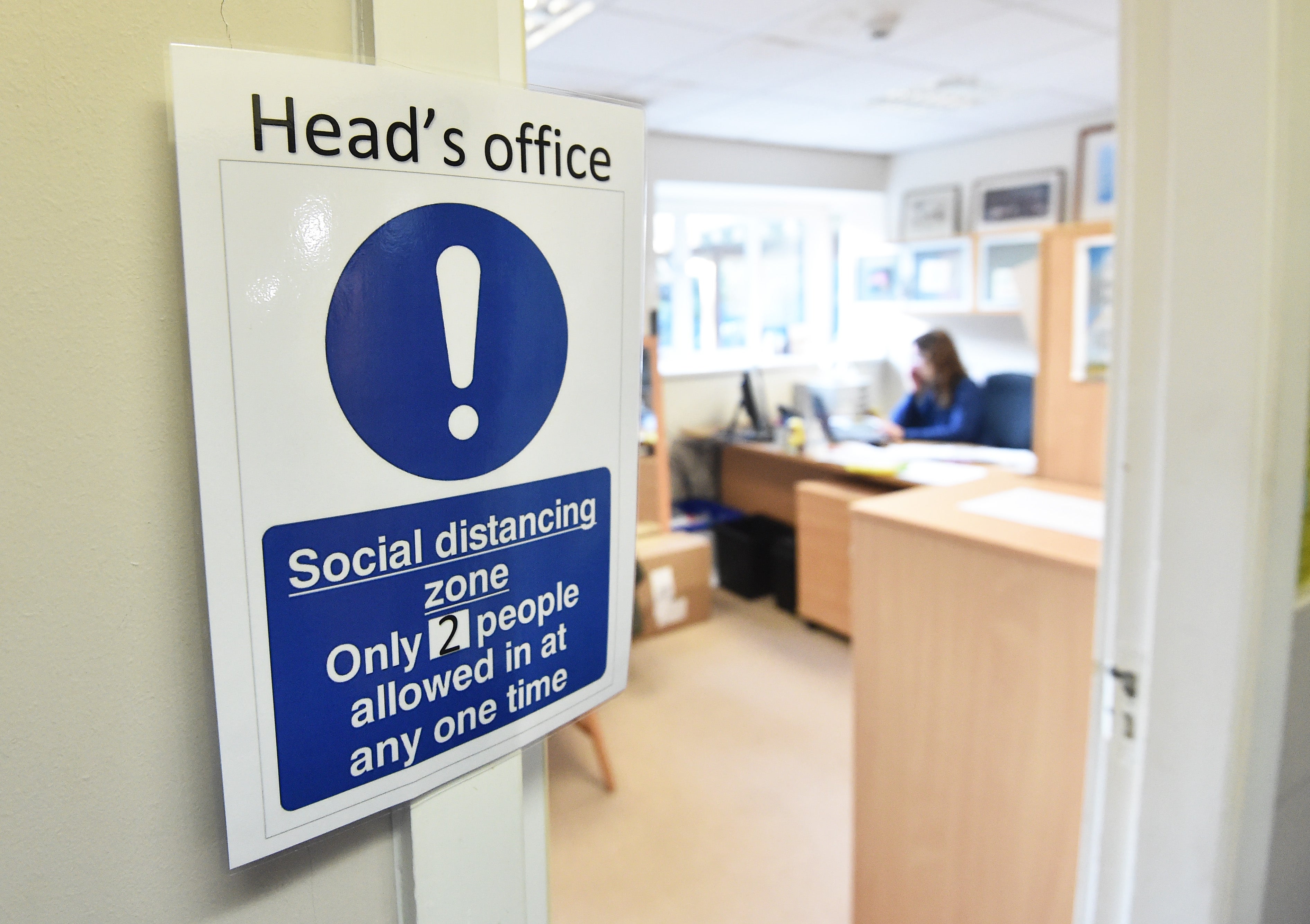
Even after a heart attack in October 2019, Robert Campbell had no intention of leaving the job he loved as leader of a Cambridgeshire academy trust. He was back in his role just five weeks later. But it wasn’t long before he was knocked off his feet once again, this time by a Covid-19 infection the following March.
When Campbell returned to work for a second time in April 2020, he saw immediately that school autonomy would be among the first casualties of the pandemic. In attempting to control the crisis remotely from Whitehall, the Department for Education had adopted a frenetic micromanagement style that would have a detrimental effect on the health and wellbeing of thousands of school leaders across the country.
In the first three months of the crisis alone, the DfE issued 148 pieces of guidance to schools. Many of the dense documents containing updated instructions were emailed at bizarre times – often arriving after 5pm on a Friday – negating planning that schools had already undertaken, and leaving heads scrambling to react over fraught weekends.
A new report by an independent think-tank, the Institute for Government, castigates the DfE for “dreadful communications” that left schools and parents “bewildered and floundering”. It criticises the DfE’s “one size fits all highly centralised approach to dealing with its 24,000 schools”, citing a public health official’s analysis of the problem: “The DfE are very, very top down. Their relationship with schools is that we will tell you something, and you will do it.”
Heads on the frontline were no longer in a position to make their own decisions because trying to implement the DfE’s bewildering flow of often contradictory guidance had become a full-time job in itself. For Campbell it was the final straw: “Life is just too bloody short.”
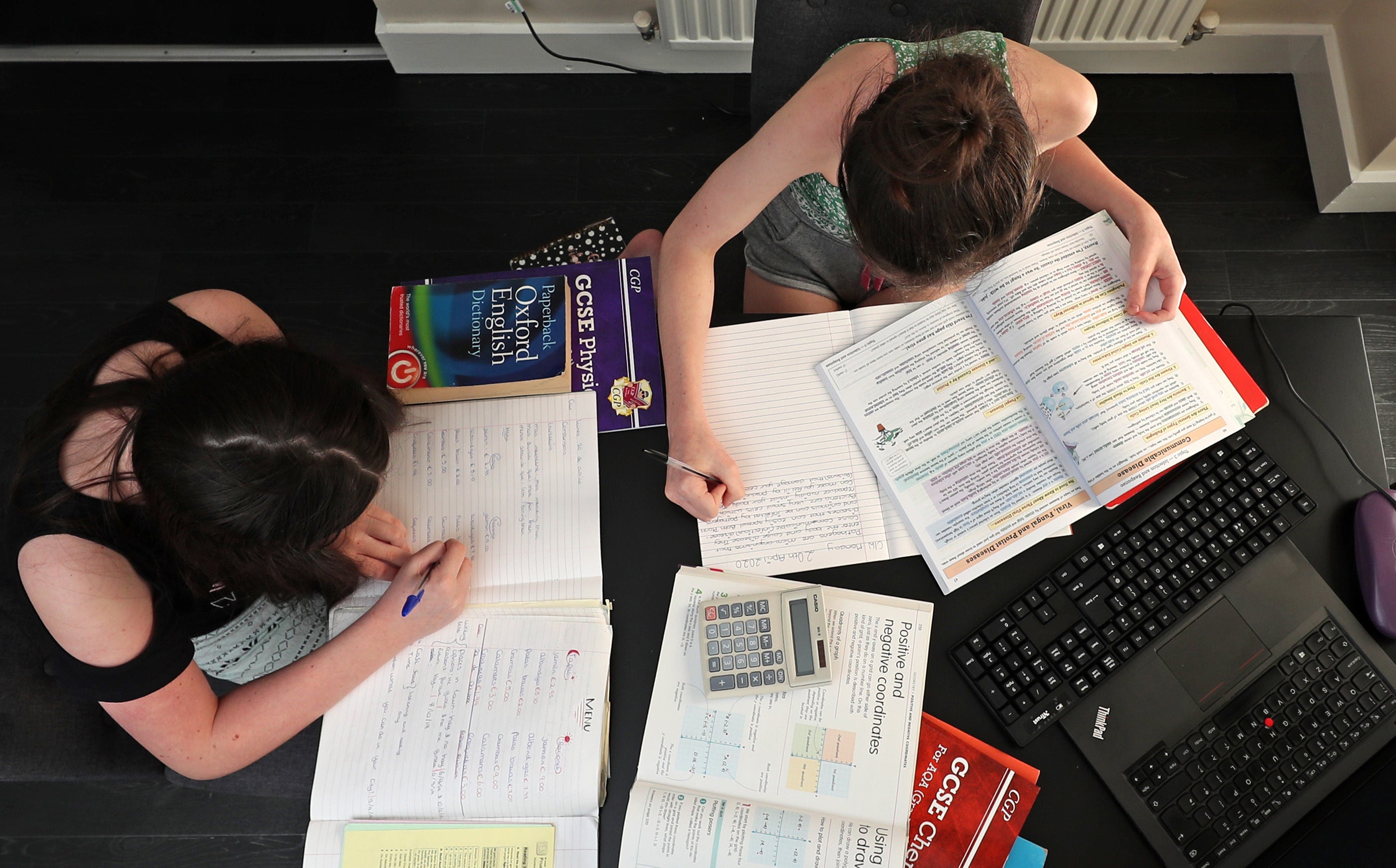
Campbell had been a headteacher of four schools, and an inaugural CEO of an academy trust, but in August 2020 he took early retirement aged just 54 and now works as a part-time teaching associate at the University of Cumbria. Campbell has come to believe that having a life and a career in school leadership are mutually exclusive. “I’ve got life, time and space. It’s sad but it’s almost like you can’t have both.”
A recent survey by the National Association of Head Teachers (Naht), the UK’s largest school leaders’ union, has warned of a mass “exodus” of school leaders. Nearly half of serving heads are considering leaving the profession sooner than originally planned, with 60 per cent citing the DfE’s handling of the pandemic as having an adverse effect on their health and wellbeing.
We’re not medical professionals. To be held accountable for health and safety in a pandemic was awful. I still have nightmares about that
Another long-serving head of a South Yorkshire primary school, who would prefer not to be named, has come to a similar conclusion. She fears that centralised, top-down decision making from Whitehall will be part of the new normal: “It’s the reason, I’ve decided to go now. The DfE is out of touch with people on the ground and trust has broken down.”
Like Campbell she believes that the irregular DfE Friday “diktats” were symptomatic of a generally “thoughtless and disrespectful” attitude towards headteachers. She explains that releasing the guidance just 24 hours earlier would have made so much difference because at least leadership teams would have had the Friday to enact new procedures. The decision to retire early has not been taken lightly. “I’ve been horribly conflicted but have decided to retire two years ahead of schedule because I’m too tired to go on and no longer have the energy for the role.”
Diane Henson is headteacher at Wheelers Lane Technology College in South Birmingham. She believes that a failure to communicate effectively has characterised the DfE’s handling of the crisis since the very start of the pandemic in March 2020.
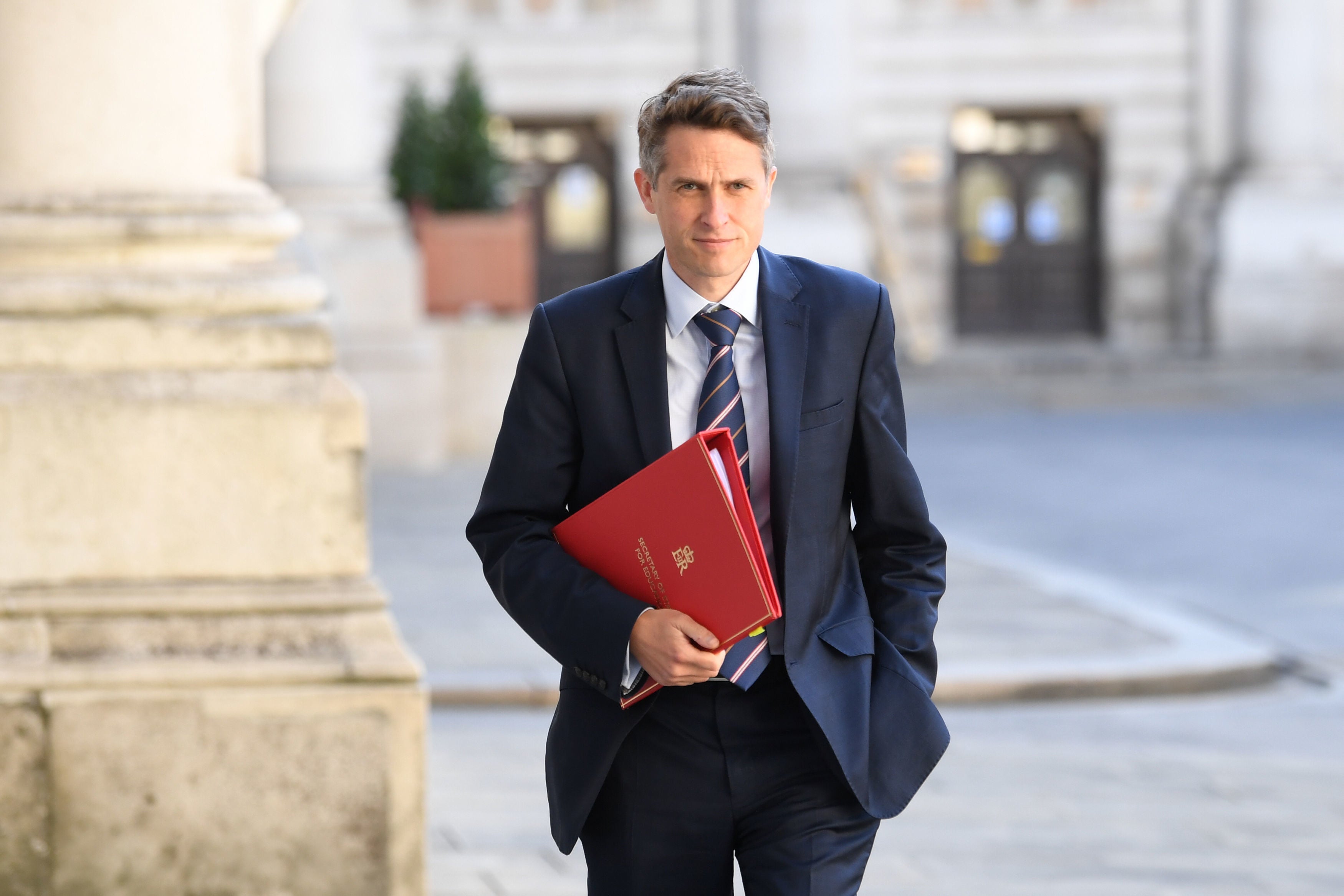
“We knew some form of lockdown was inevitable from the media,” she says. “But the fact that it was never officially acknowledged was really difficult. That pattern has been repeated all the way through the pandemic. Heads are used to looking to the future and have instead been put in the position of reacting to events they can’t control.”
Being made responsible for writing risk assessments at the start of a pandemic, when so little was known about the virus, left Henson feeling totally exposed. “We’re not medical professionals. To be held accountable for health and safety in a pandemic was awful. I still have nightmares about that.”
Henson believes that relations between Whitehall and schools began to break down in May 2020 when DfE plans for the first phased return of primary schools started to unravel in the face of public health concerns. The DfE attempted to blame teachers for the debacle citing union concerns about staff safety.
Education Secretary, Gavin Williamson, wrote an impassioned plea for the Daily Mail , reminding teachers that they “must do their duty”. Henson recalls how “it felt like we were fighting against everything, even the media. Teachers were being maligned as lazy malingerers.”
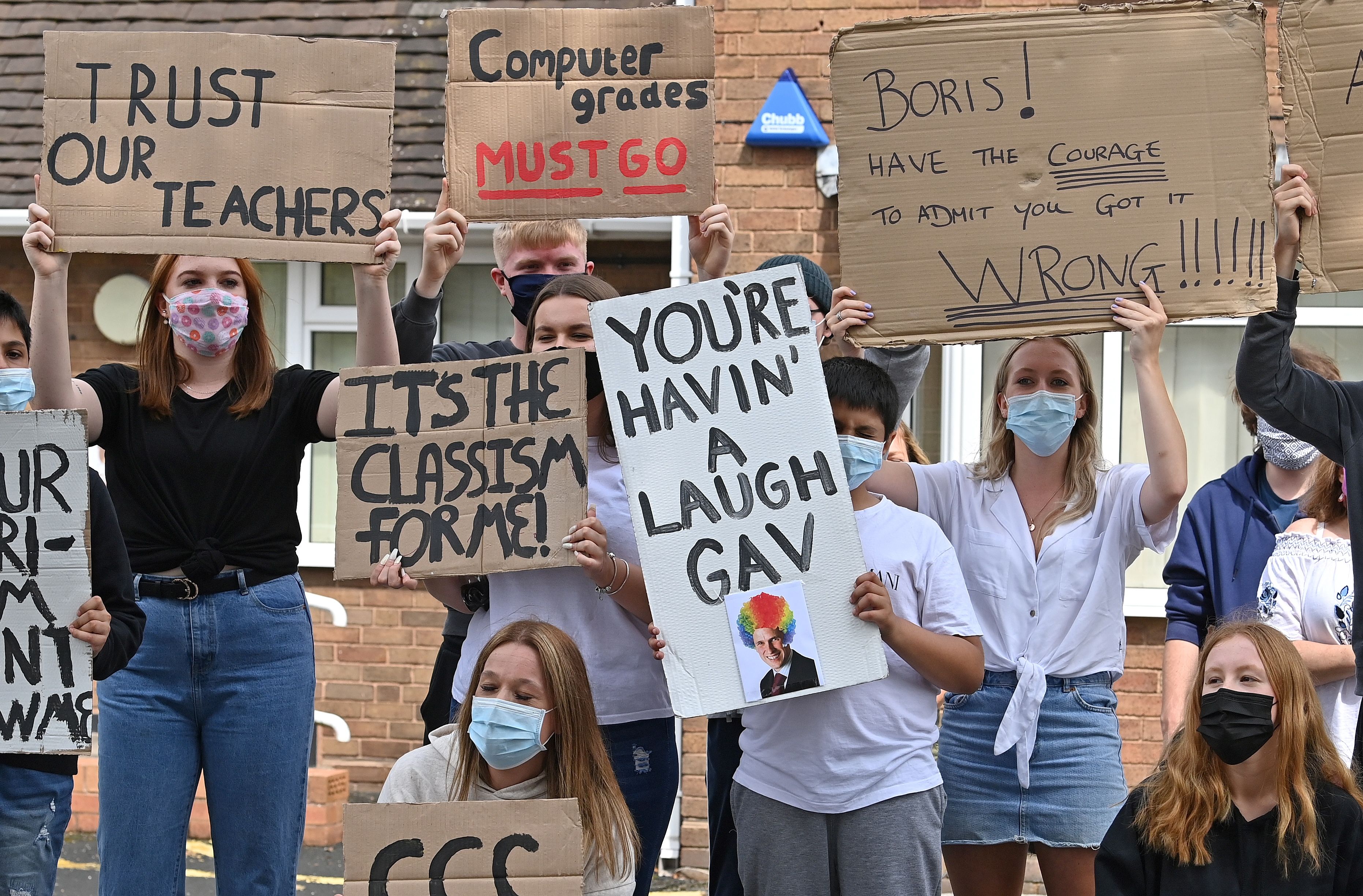
In August 2020 trust eroded further when Ofqual took schools’ estimated grades and used an algorithm to initially downgrade A-Level and GCSE results before a public outcry forced the DfE to reverse the decision. When schools reopened in September 2020, despite the reams of government guidance on other areas, the DfE was reluctant to clarify policy on mandatory mask wearing, leaving headteachers feeling exposed.
When Wheelers Lane adhered to a strict policy of mask wearing in public spaces, Henson had to contend with ominous emails from conspiracy theorists warning that “history teaches that those who try to ‘muzzle’ children always end up being treated harshly in the end”.
Although Henson is an experienced head, the pandemic has brought daunting new challenges. The number of pupils eligible for free school meals has risen dramatically, and Wheeler’s Lane has its own food bank, which supports vulnerable families who are not in a position to feed themselves.
With the rise of the more infectious Alpha – or Kent – variant in December, Henson remembers how devastated pupils felt when whole year groups had to be sent home to self-isolate. She remembers Year 11 boys bursting into floods of tears: “Mental health issues have come as a real shock. We have families who have lost three or four members to Covid-related illnesses.”
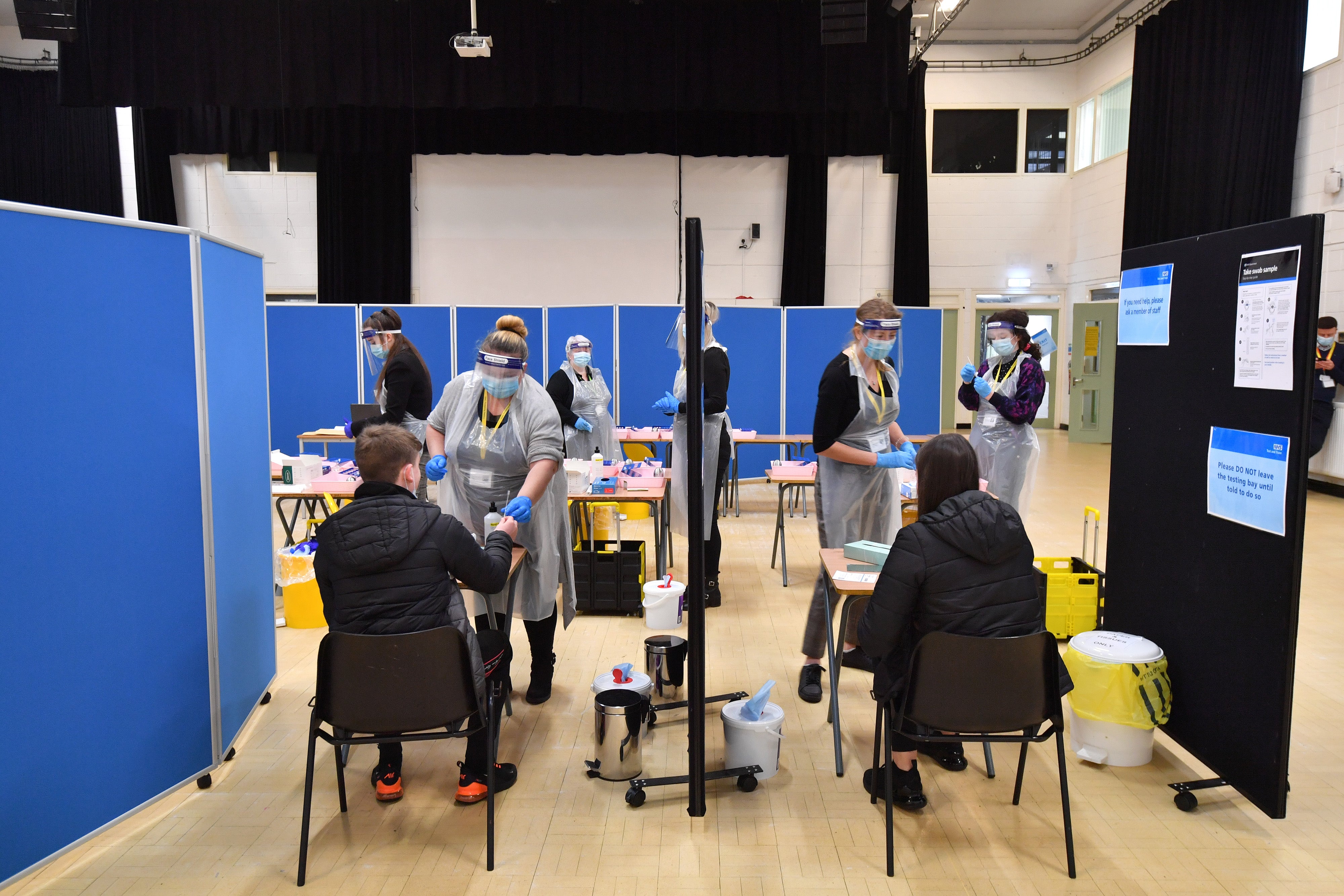
Just as Wheelers Lane was breaking up for the Christmas, Henson remembers being “stunned to learn, without warning, that it would be our responsibility to set up an onsite laboratory to administer Covid tests to every child”.
When the Kent variant spiralled in late December and early January, Williamson and the prime minister were adamant that schools would not be closed with Boris Johnson even appearing on The Andrew Marr Show on 3 January to insist that schools would remain open. The following day the decision was reversed as schools were closed indefinitely.
The IFG report is especially critical of that U-turn. Repeated uncertainty over exams and school closures stemmed from “not just the failure to make contingency plans, but the refusal to do so”.
If Whitehall had funded local government they would have been far better placed to channel free school meals and hardship relief to the nation’s most vulnerable children
An unnamed Downing Street official gave the IFG the following explanation: “The prime minister’s default is to bluff. To talk up things to such an extent that they will happen through the force of his own personality. Which is a very powerful tool. But the virus doesn’t listen to those messages.”
When it became clear that schools would have to revert to online learning in January, relations between the DfE and heads reached their nadir after Williamson urged parents to report schools to Ofsted if they weren’t satisfied by their online learning provision.
Incensed school leader unions were quick to point out that schools had been told not to prepare for distance learning because it had been expressly instructed to prioritise Covid testing, and a return to classroom teaching and exam preparation because they’d been repeatedly told that school closures were “out of the question”.
Neil Wallace has been headteacher at Stratford Upon Avon Academy for the past eight years and agrees with Henson that most of the problems have been caused by the government’s poor communication and mismanagement. Wallace believes that “in times of adversity, staff and parents are reassured by open and transparent communication. They need to understand ‘the why’ so that they can put their trust in what you’re trying to do.”
He only wishes the government had adopted a similar approach to crisis management: “Government guidance has been hand to mouth. Either there’s no plan at all or it’s too late. The crisis has highlighted how fundamental schools are in society and exposed how a decade of austerity has decimated social services. Vulnerable families have reached out for help from other agencies but haven’t met their threshold standards and have been batted back to schools. Our pastoral team has been placed under immense strain so it’s been expanded and restructured to provide more support. The challenges faced by our most vulnerable students have been exacerbated.”

The way in which schools have taken the strain by effectively becoming field hospitals and community hubs has been widely seen as a side effect of austerity cuts to other agencies and the fact that the drive towards “academisation” has sidelined local authorities by leaving Whitehall with direct oversight of 8,700 schools. But perhaps one of the most shocking findings of the IFG report is that central government’s failure to work with local government was not accidental but an ideological decision taken by design. The report cites another DfE insider:
“My ministers absolutely hate local government... The role of local authorities in education is a very contested space, and the whole point of the academy programme is to get schools off councils. The idea that we would use local government to manage anything that we did not have to was complete anathema.”
The report suggests that if Whitehall had funded local government they would have been far better placed to channel free school meals and hardship relief to the nation’s most vulnerable children. Instead the government took the controversial decision to outsource a national voucher scheme to Edenred. But patchiness of provision was one of the reasons behind Marcus Rashford’s emergence as a national campaigner against food poverty. Many fear that “catch up” tuition will suffer a similar outcome.
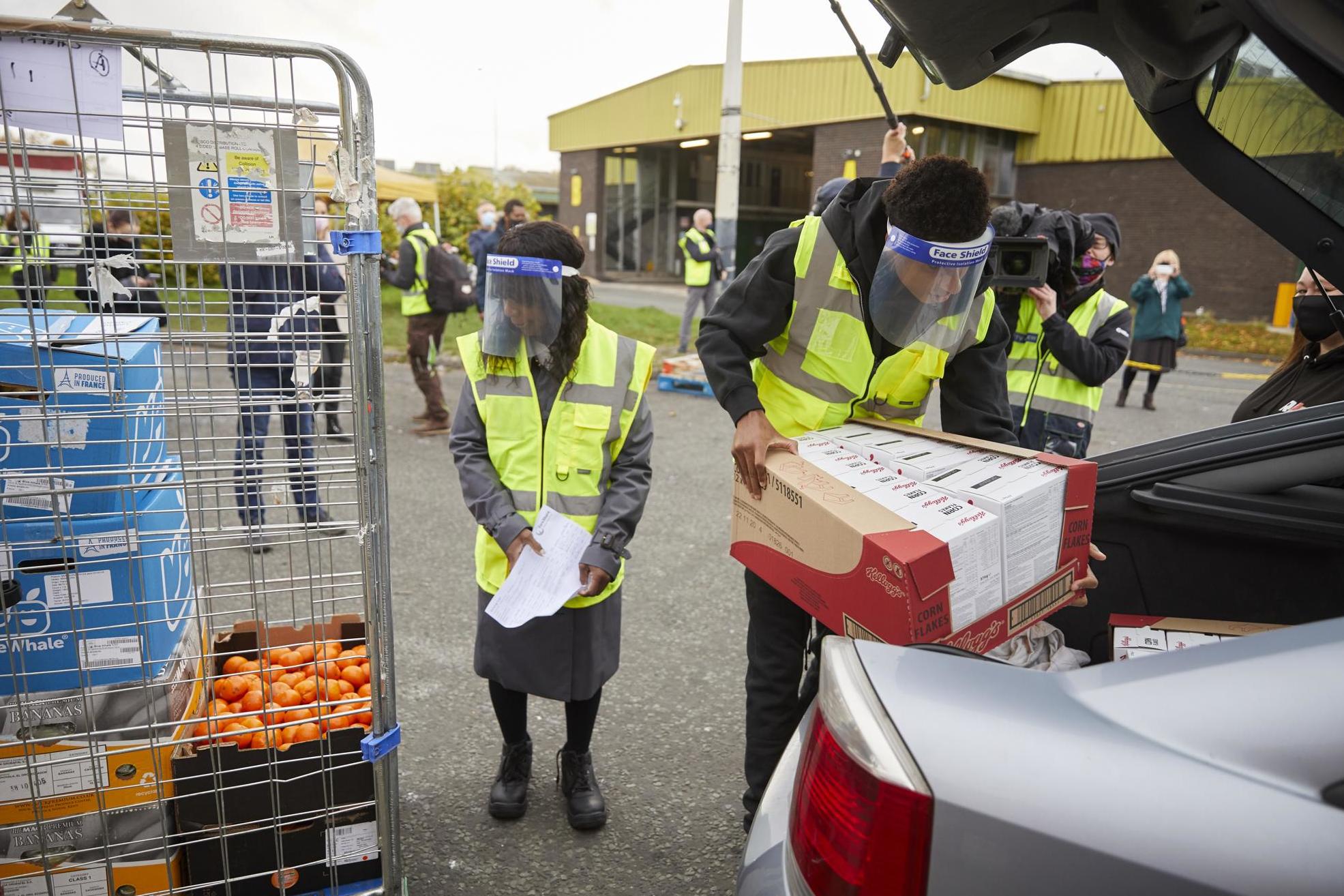
Much has been made of the much-vaunted billion pound recovery programme for lost learning but Wallace is unconvinced by the merits of a personal tutoring programme which will see a significant chunk go to private companies. He fears that unless the extra money is devolved into schools and they’re trusted to make it work, much of the funding will be misdirected.
Mutual distrust is a recurrent theme. Geoff Barton is the general secretary of the Association of School and College Leaders and thinks that “we cannot trust teachers” has become the DfE’s operating principle by default because they believe “punitive accountability measures are the only way to improve schools”.
Barton is concerned about the cumulative pressures of the pandemic on school leaders who are “battle weary from fighting on too many unfamiliar fronts” but it’s the loss of autonomy that worries him most: he thinks heads are like generals who’ve been confined to barracks. “Heads love to strategise but the crisis has taken that away from them,” he says. Resilience has long been the most sought after quality in aspiring school leaders, but Barton thinks the government would do well to realise that neither are in infinite supply.
The DfE has recently acknowledged the strain placed on heads and has offered £800,000 to the charity Education Support over the next 18 months to extend their promising pilot scheme; it has helped 225 headteachers through online and telephone counselling.
But the Naht survey suggests the true scale of the problem will result in “a fractured supply line of school leaders”. Henson also believes that the DfE’s incessant blame games and erosion of trust is driving heads from the profession prematurely. She knows several who have brought their retirement plans forward. One recently told her: “This is the right time to go because I just can’t face putting it all back together again.”
Henson doesn’t know where the next generation of headteachers is going to come from: “If you talk to deputies, they say ‘I’m not doing this. This is madness’.”




Join our commenting forum
Join thought-provoking conversations, follow other Independent readers and see their replies
0Comments